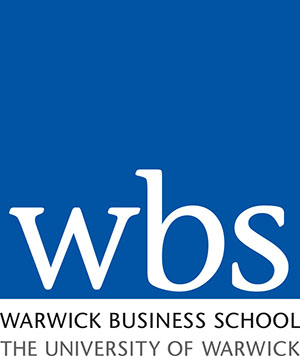- Managing people
The Do’s and Don’ts of Workplace Wellbeing
Watch our recorded webinar with Warwick Business School’s Dr Redzo Mujcic to learn how to institute a wellbeing strategy in your organization
Under pressure from the current economic headwinds, senior leadership teams need a clear, practical approach to strengthening workplace wellbeing.
Watch our recorded webinar with Warwick Business School’s Dr Redzo Mujcic to understand the dynamics of workplace wellbeing, how to institute a wellbeing strategy in your organization, and how to start collecting, measuring and analyzing data—the key to implementing your strategy.
In our high-pressured working world, beset by mental health problems—particularly among mid-career business leaders—worker wellbeing is an often-overlooked priority. It’s also a must for organizations.
Workforce happiness is key to sustaining cultures of creativity, productivity and high performance. It is also increasingly a measure of ‘a great place to work’ and far more important in attracting and retaining talent than having a snazzy office.
Takeaways from the webinar:
- Appreciate the prime status of personal autonomy as a happiness factor, and learn what you can do to provide more of it
- Understand why purpose and meaningful work is so important—and how to address it
- Understand how and why workplace wellbeing is such a major factor in attracting and retaining talent
- Learn to develop a wellbeing strategy and why measuring happiness scientifically is key
About the speaker: Dr Redzo Mujcic is an Associate Professor of Behavioural Science at Warwick Business School, University of Warwick.
His research is primarily in applied economics and quantitative social science. It currently includes work on the empirical study of human feelings in the workplace and society (job satisfaction, happiness, envy, extreme distress, mental health), as well as dynamic decision-making (how past outcomes affect social interactions, human cooperation, and risk taking). In his work, he uses a range of methods including large longitudinal surveys and natural field experiments.
His work has been published in journals such as the Economic Journal, Social Science & Medicine, and the American Journal of Public Health. His research has also featured in international media outlets including the New York Times, Wall Street Journal, Washington Post, The Atlantic, CNN, Forbes, and Time Magazine.
Warwick Business School is a leading thought-developer and innovator, in the top one per cent of global business schools.
ARTICLES YOU MIGHT LIKE
BOOK REVIEW
UCL’s Colin Fisher explains how to understand the invisible forces of group dynamics to build and lead high-performing teams
DEVELOPING LEADERS QUARTERLY MAGAZINE AND WEEKLY BRIEFING EMAILS


































